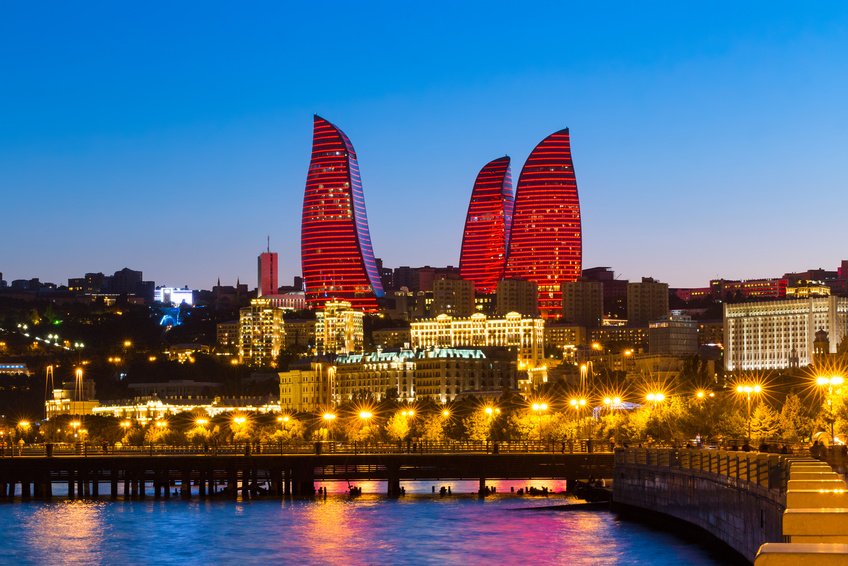On April 28, 2016, the President of the Republic of Azerbaijan signed the Laws on Amendment to the Law on Antimonopoly Activity and on Amendment to the Criminal Code.
The amendments have introduced the concept of cartel agreements into Azerbaijan’s antimonopoly legislation. A cartel agreement is now understood as “a voluntary combination of two or more financially and legally independent businesses competing in the same market to exclude others or prevent new competitors from entering the market by dividing territories, sales volumes, types of goods or customers, or by refusing to purchase or sell goods (services)”. Increasing or decreasing prices, maintaining prices at the same level, implementing privileges, rebates or bonuses, or other methods of restraining competition are also included in the definition of a cartel agreement.
Before the amendment, Article 10.1 of the Antimonopoly Law applied only to the agreements in which one of the parties was a dominant market player. Now, it will apply to agreements regardless of the parties’ market share. Furthermore, Article 10.1 of the Antimonopoly Law contained an exhaustive list of prohibited agreements. With the added phrase “other means restricting competition”, the article can now apply to any agreement which may have a practical effect of restriction. This provides the antimonopoly authority with more leverage.
Article 199 of the Criminal Code (monopolistic actions and restriction of competition) has also been revised, providing the law enforcement agencies with more discretion to prosecute anti-competitive actions. A violation of Article 199 causing damages in large amounts (more than AZN 50,000), or resulting in income in such amounts, is punished by a penalty consisting of four times the amount of the caused damage or obtained income and imprisonment for up to 12 years.



